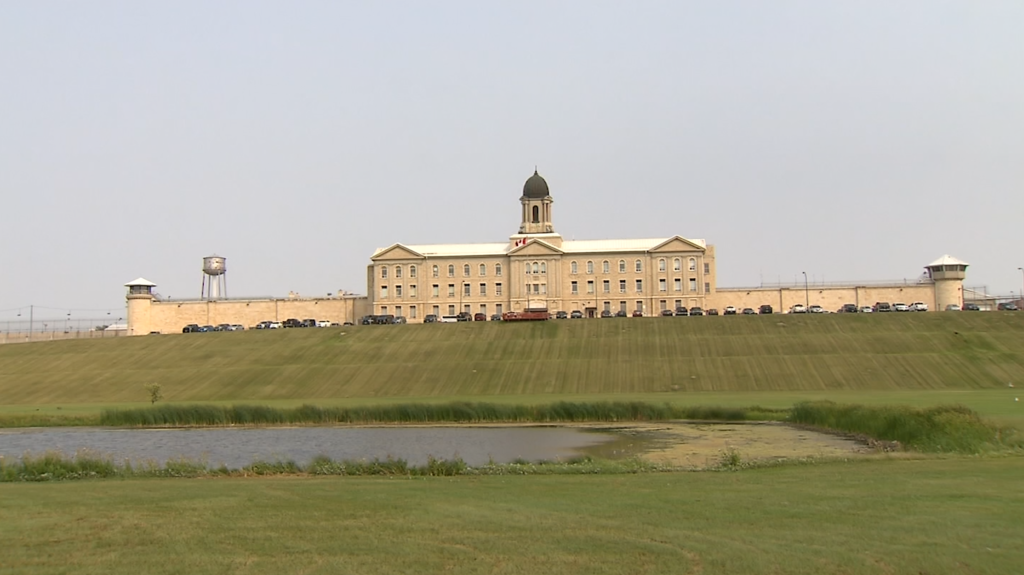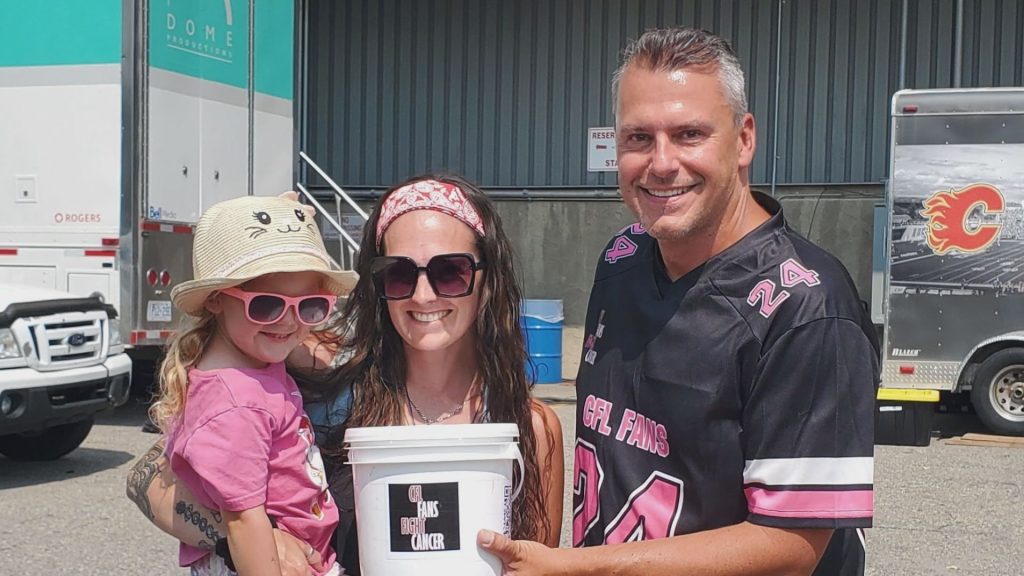Manitoba missing designated court space for Indigenous people seen in other provinces
Posted March 2, 2023 5:42 pm.
Last Updated March 4, 2023 12:03 pm.
As court spaces designed for court proceedings for Indigenous people in Canada are built in other jurisdictions, Manitoba still lacks a dedicated space.
One expert says these spaces are just a tiny part of fixing a broken justice system.
“We can’t just focus on this one little piece, there are a number of pieces that have to be dealt with and there has to be change,” said Stacey Soldier, the Manitoba Bar Associations’ director of public relations and advocacy and practicing lawyer.
“It’s not reconciliation to make a Gladue room, or a courtroom. It’s not reconciliation to put all the Indigenous, lawyers, judges court staff or police. You can put that all in the box — but that box is still a hostile foreign system that was never meant to serve Indigenous people, or respect or understand the worldviews of Indigenous people.”
Concerns were raised publicly by defence attorney Scott Newman, about the fact Manitoba does not have a dedicated courtroom for Gladue proceedings. Which according to the Government of Canada, aim to: “adapt to the needs and values of the Indigenous community” in the delivery of Justice.
Newman shared a photo of the newly opened Toronto courthouse, where such a courtroom has a space for Smudging ceremonies and a healing circle is present. Newman reminded the public no such steps have been taken in Manitoba.
She says the government’s lack of dedicated space is only the beginning in terms of how it’s failing Indigenous community members, as the court process can be intimidating and traumatic.
“Even more so when it’s in an unwelcoming, confusing space. In some communities where the court is held, they’re being held in gyms, in halls, and in one location, a church. And the first time I attended that court centre, that location is was really quite shocking to see. That’s where the court was held, given the churches’ role in residential schools,” explained Soldier.
Soldier says the court system needs to “step back and reflect” on how it treats community members — from accused, to witnesses, victims and members of the public — in order for reconciliation to happen.
“It’s the dismantling of this whole system. It’s really re-examining what this system does and what it reflects and how it is such an unwelcoming place.”
Manitoba Justice says it’s working closely with Indigenous partners to ensure the system is “culturally appropriate and responsive to the needs of Indigenous communities.”
This includes increased use of restorative justice practices, access to Indigenous and Spiritual care in all facilities, and offering the “Culturally Appropriate Program” – a decolonization and healing program promoting self-awareness, personal development, empowerment and self-determination.








